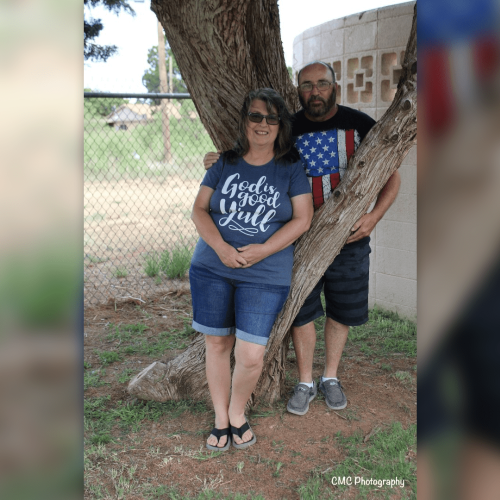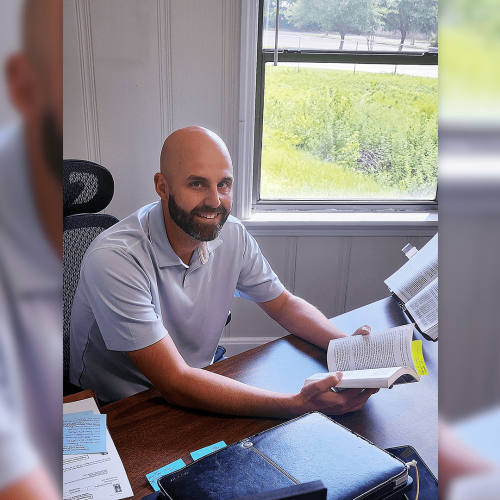Stories by Randy Dickson
Stories by Randy Dickson
Randy’s Report: Final Column
September 10, 2024
What do you call it when you were tired yesterday and are tired again today? Retired.
For too many days, weeks, months and even years, I have known that feeling of “retirement,” and now it’s time for me to make it official.
Faith hope and love
August 29, 2024
In First Corinthians 13, the Apostle Paul wrote of faith, hope and love and concluded by saying all three remained, but the greatest of the three is love.
Sanders to coach LHS boys
August 28, 2024
On a bright and sunny August day the sky almost seemed Laurel Hill Hobo blue. Laurel Hill basketball fans are hoping that’s a sign of positive things ahead for the once proud program that has struggled to find its footing in recent years.
Last week, longtime Okaloosa County teacher, coach and administrator Jay Sanders was named the Hobo boys basketball coach.
Lady Gators take down Central
August 28, 2024
The defending Class 1A Baker volleyball team began its quest for a 22nd consecutive district title and a repeat as state champions Tuesday against a determined Central team.
The Lady Gators won the match in straight sets 25-15, 25-22, 25-11 but the match wasn’t without some drama.
Randy’s Report
August 26, 2024
If you drop by my place on Saturday, you will see me watching a little college football, and then some.
I don’t know why the first full day of college football season isn’t a national holiday. For guys like me, it’s like a second Thanksgiving.
I don’t know why the first full day of college football season isn’t a national holiday. For guys like me, it’s like a second Thanksgiving.
Zach Weston joins Woodlawn as youth pastor
August 26, 2024
A new chapter is being written in the youth ministry of Woodlawn Baptist Church.
Gators take care of Baby Rattlers
August 24, 2024
Contrary to popular belief, numbers do sometimes lie.
Friday night when Baker’s football team hosted Florida A&M High at Doug Griffith Memorial Stadium, the numbers did in fact tell the story of the game.
Crestview football looking to bounce back
August 23, 2024
The Crestview High School football team is looking for a bounce-back year in a newly aligned District 1-6A.
Gators host FAMU in football opener tonight
August 23, 2024
Coming off an impressive showing in the Kickoff Classic with wins over Northview and Pleasant Home, Baker’s football team now sets its sights on the regular season opener.
The Gators hosts Florida A&M High School at 7 p.m. tonight at Doug Griffith Memorial Stadium.
Pace too strong for Lady Gators
August 23, 2024
The 2024 volleyball season didn’t get off to the start Baker was hoping for even if a loss to 6A Pace might not have been unexpected.
The Lady Gators looked strong coming out of the gate taking the first set. But one set does not a match make as the Lady Patriots took the next three sets as Baker lost 25-21, 17-25, 14-25, 23-25.


















